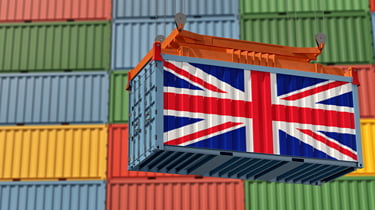The Government is calling on businesses, traders and the public to have their say on the future of customs.
The call for evidence comes after the introduction of full customs controls in January this year, forcing thousands of traders to change the way they do business.
Here’s how you can get involved.
What is happening?
This is your chance to make your views and opinions on the new customs regime heard.
The Government is asking businesses at the heart of international trade – such as traders, intermediaries, freight forwarders, fast parcels operators and hauliers – to describe their experiences and suggest changes to policy or processes that could be made to make the regime simpler, easier and more responsive to stakeholders’ needs.
The consultation comes after the launch of full customs controls on 1 January 2022.
What can I change?
HM Revenue & Customs (HMRC) is asking businesses to share their thoughts on:
- Improvements to help traders access a quality customs intermediary sector
- How the benefits of the Simplified Customs Declarations Process (SCDP) can be expanded
- How the Transit facilitation can be improved.
How can I have my say?
The Call for Evidence will run for 12 weeks until 2 May 2022. Click here to get involved.
An opportunity to say “what’s going well and where things could be improved”
Commenting on the launch of the consultation, Lucy Frazer, Financial Secretary to the Treasury, said: “Our aim is for the UK to have the world’s most effective border by 2025. We’re taking this forward across a number of long-term programmes, including the Single Trade Window, which will streamline how traders share information with government.
“This call for evidence complements that by giving traders and the wider border industry the opportunity to have their say on what’s going well and where things could be improved.
“I would encourage as many people as possible to respond to this call for evidence via GOV.UK, so we can ensure we have a customs system that makes the UK the best place in the world to do business.”
Get advice today
For help and advice with related matters, please get in touch with our team today.

















